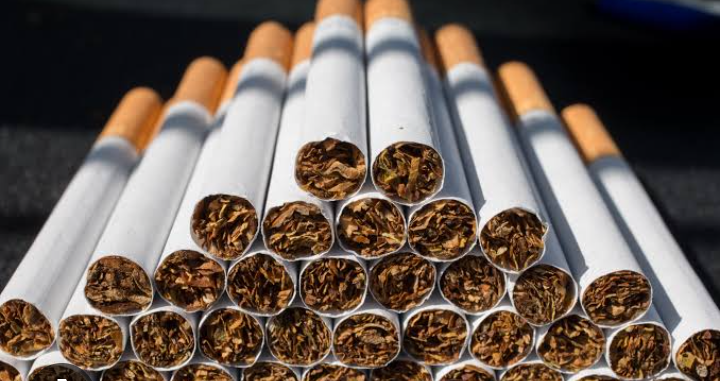
Plastic pollution from cigarette butts to cost $186b in 10 years, says report
By Edu Abade
The costs of environmental pollution caused by plastics in cigarette butts and packaging amount to an estimated US$26 billion every year or US$186billion every 10 years-adjusted for inflation-in waste management and marine ecosystem damage worldwide.
Data analysis from the Global Centre for Good Governance in Tobacco Control published online in the journal of Tobacco Control revealed that in Africa, countries with the highest smoking rate contribute greatest to the cigarette filter pollution costs. These include South Africa, followed by Nigeria, Sudan, Mozambique, Kenya and Ethiopia.
The researchers behind the study stressed that: “Although seemingly dwarfed by the overall impact of tobacco, these costs are not trivial-they accumulate and are preventable.”
Despite the increasing bans on single-use plastics worldwide, the significant contribution of tobacco-related plastic pollution has been overlooked, with cigarette filters, a primary culprit, ranking as the most prevalent littered item globally.
A statement made available to Africa Tobacco Control Journalists by Media and Communication Lead of the Africa Tobacco Control Alliance (ATCA), Ayong I. Caleb, said the researchers estimated that the annual economic cost of cigarette plastics waste amounts to US$26billion, comprising US$20.7billion in marine ecosystem damage and US$5billion in waste management costs, adding up to US$186billion over 10 years.
“Although this amount is small compared with the annual economic losses from tobacco (US$1.4trillion per year) and may appear insignificant compared with the 8 million deaths attributable to tobacco each year, these environmental costs should not be downplayed as they are accumulating and are preventable,” the researcher stressed.
The estimate used data collated from the World Bank, the Organization for Economic Cooperation and Development (OECD), the Tobacco Atlas and the World Wildlife Fund.
“Low and middle-income countries, especially in Africa with increasing smoking rates, relatively high plastic leakage, and poor waste management capacity; bear the brunt of this environmental burden,” the researchers added.
Despite these estimates being conservative, the study’s findings underscore the urgency to mitigate tobacco plastic waste pollution, considering the potential health and ecological implications of accumulated toxic chemicals within cigarette butts. Moreover, they advocate for policies to shift cleanup responsibilities to the tobacco industry based on the polluters pay principle.
Executive Secretary of ATCA, a core member of the global movement-Stop Tobacco Pollution Alliance (STPA), Leonce Sessou- restated the need to hold the tobacco industry accountable.
“We must compel the industry to address its legacy waste and redirect these funds towards independent and effective campaigns in a manner aligned with the WHO Framework Convention on Tobacco Control,” he said, adding that recent revelations from the Global Tobacco Index (GTI) underscore the deceptive greenwashing tactics employed by the tobacco industry.
Sessou further pointed out the necessity for an immediate ban on cigarette filters in the global plastics treaty currently under negotiation, a position supported by the WHO in its submission to the treaty negotiations, saying: “Plastic pollution also affects climate change, which is now being tackled at COP28 of the UN FCCC.”
Plastics Treaty negotiations (INC3) ended in Nairobi, Kenya in November 2023 with the next slated for April 2024 in Ottawa, Canada. According to the WHO, while smoking prevalence in the African region remains lower compared to other regions, the escalating rates of tobacco use necessitate greater attention and action globally.










